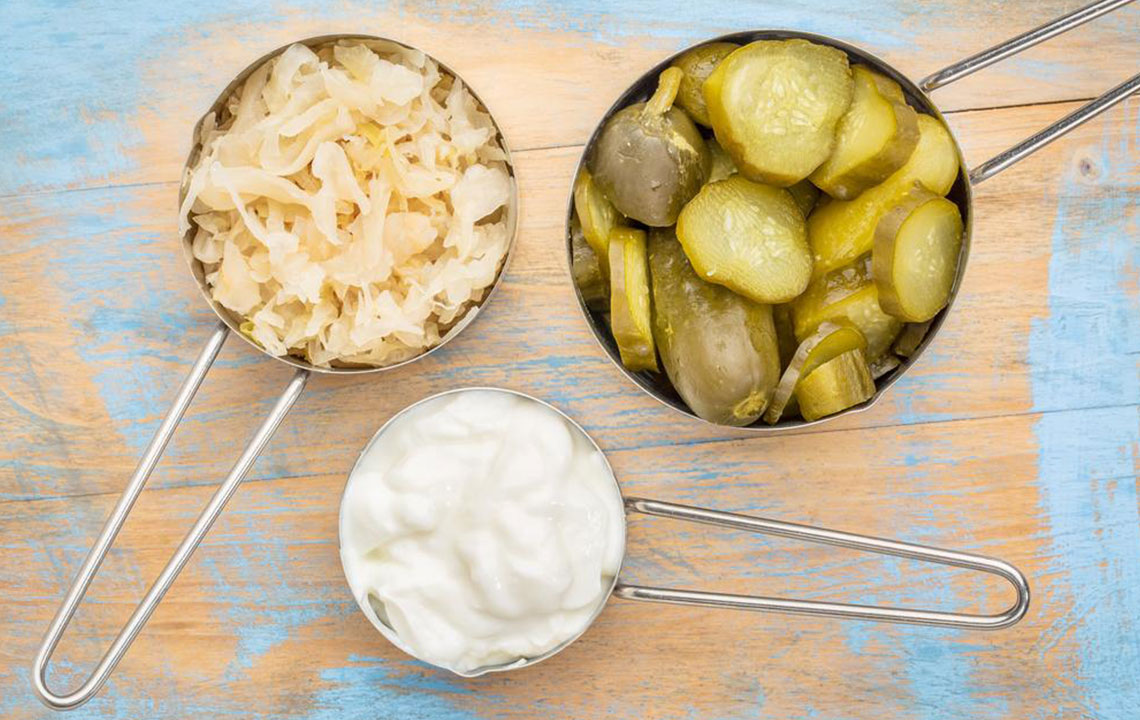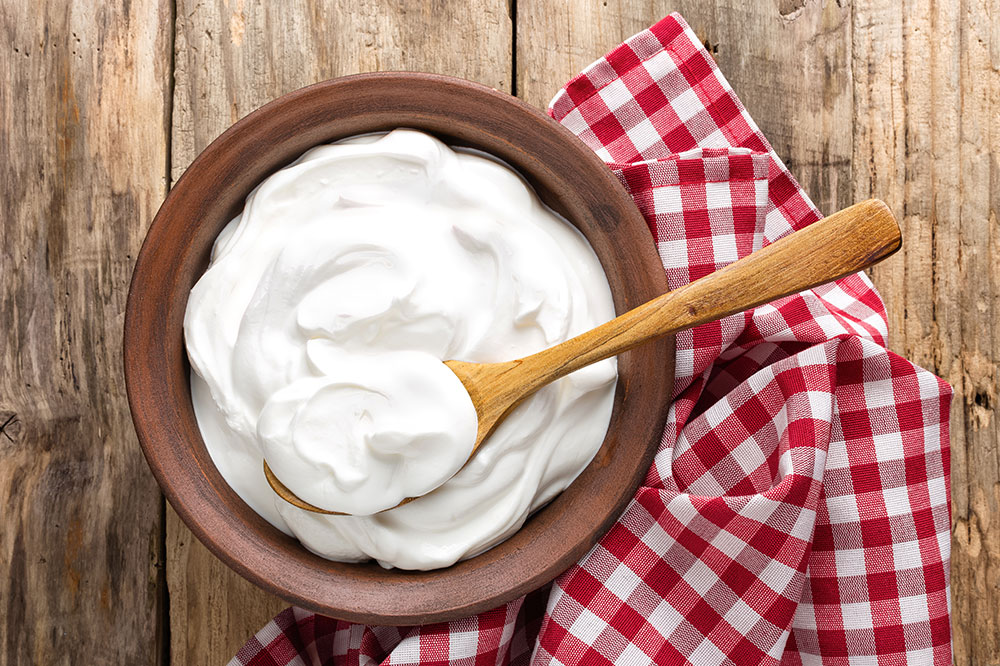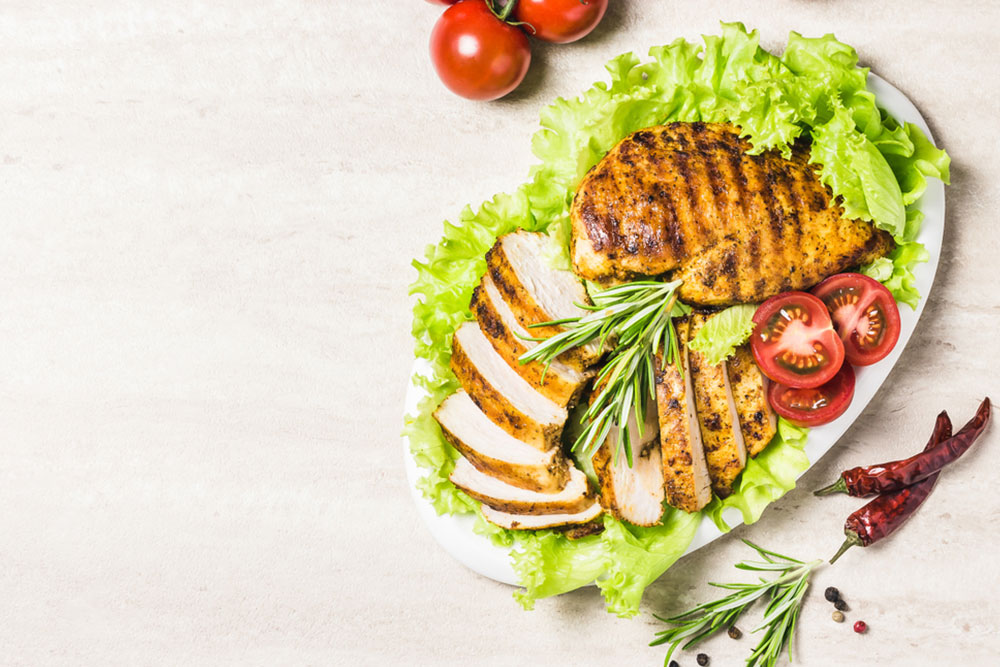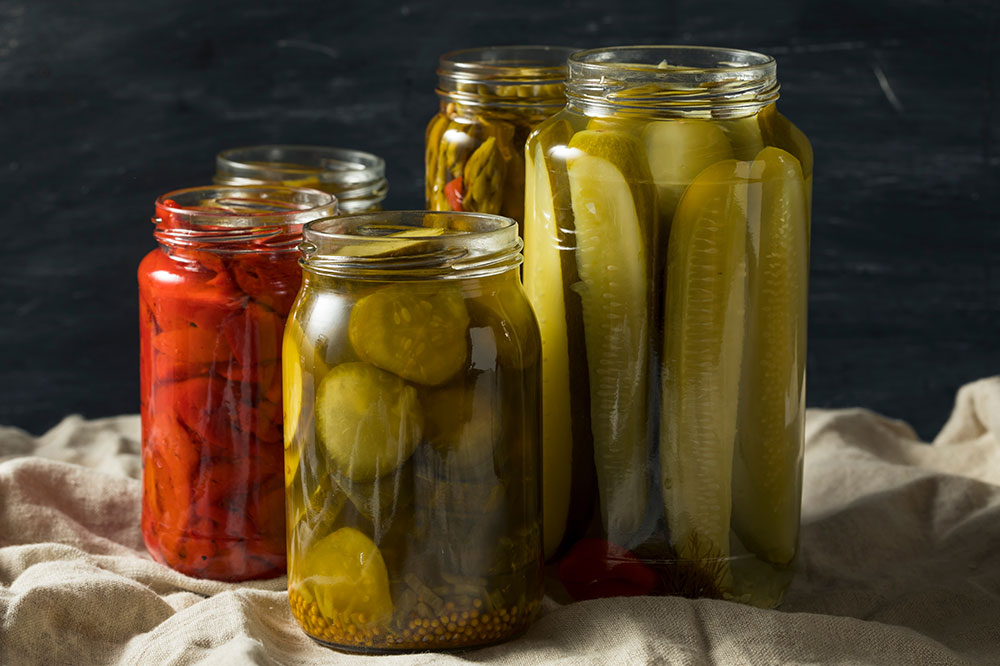Top 6 Probiotic-Powered Foods for Older Adults
This article highlights six probiotic-rich foods ideal for seniors, including yogurt, kefir, sourdough bread, kimchi, sauerkraut, and miso. These foods support gut health, boost immunity, and may improve heart and brain functions. Incorporating these into daily diets, under professional guidance, can enhance overall well-being for older adults. Proper consumption and moderation are key to maximizing benefits and maintaining health stability as seniors age.
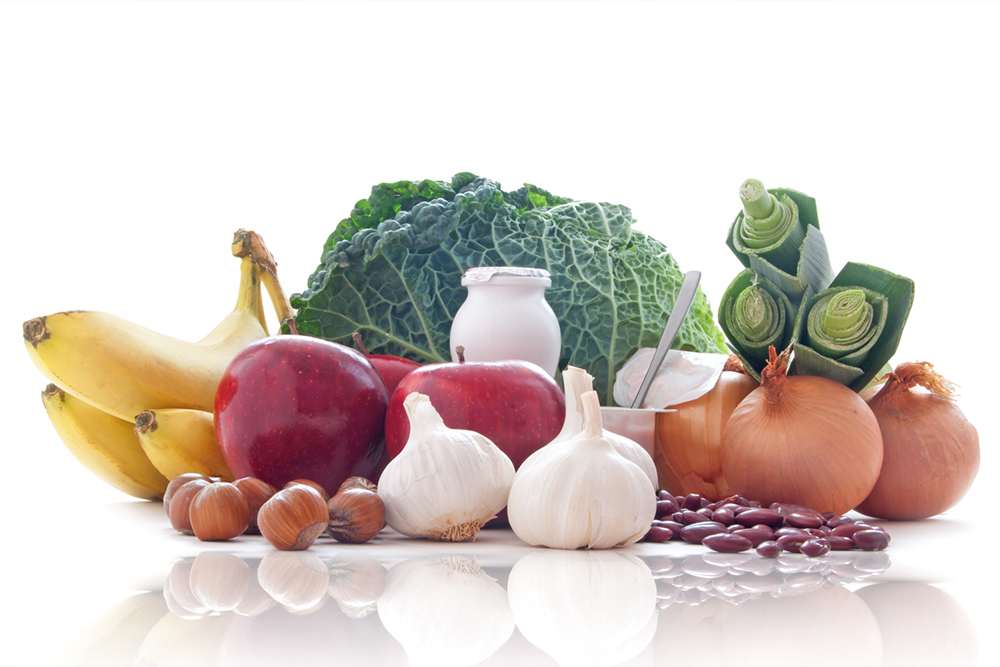
Top 6 Probiotic-Powered Foods for Older Adults
Probiotics are beneficial microorganisms like bacteria and yeasts that support gut health and overall wellness. These helpful microbes can be naturally consumed through certain nutritious foods. When combined with prebiotics and postbiotics, they enhance health benefits further. For seniors dealing with digestion issues or compromised gut health, adding probiotic-rich foods (after consulting a healthcare professional) to daily meals can be highly advantageous.
Significance of probiotics
Incorporating probiotics into everyday diets helps seniors maintain a healthy microbial balance in their intestines. Although more research is needed, some probiotic strains are linked to improved heart and brain functions.
As individuals age beyond 50, 60, and 70, their vulnerability to heart and brain health conditions increases. Integrating probiotics into their diets can make a notable difference.
For women over 50, probiotics may help decrease inflammation in the vaginal area caused by bacterial imbalance. They can also reduce the frequency and severity of diarrhea and alleviate allergies or food intolerances in certain cases.
Probiotic foods can be easily included in daily meals and snacks to boost nutrition. However, always consult a healthcare professional before starting supplementation to identify the best probiotic options for individual health needs.
Also, excessive probiotic intake might cause adverse effects. 1. Yogurt
This widely enjoyed dairy product is rich in active probiotic strains that support digestion, reduce constipation, and strengthen immunity. Yogurt can be eaten alone, added to smoothies, incorporated into salads, used as a marinade, or enjoyed as flavored varieties. Its probiotic microorganisms contribute to better immune function and bone health through calcium content.
2. Kefir
Kefir is a tangy, fermented beverage made with kefir grains, combining milk with beneficial bacteria and yeasts. The fermentation produces a creamy drink packed with probiotics, making it a superior choice for gut health among seniors. Its hydrating properties also make kefir a popular addition to nutritious meal plans.
3. Sourdough Bread
Unlike regular white bread, sourdough is fermented through a culture rich in yeast and good bacteria, providing probiotics and prebiotics. It supports better blood sugar regulation, cholesterol levels, and heart health, making it a healthier staple for seniors.
4. Kimchi
Kimchi, a spicy fermented vegetable dish, contains probiotic lactic acid bacteria. Made from napa cabbage, scallions, carrots, and radish, it offers digestion benefits, anti-aging properties, immune support, and cholesterol reduction when enjoyed regularly with rice.
5. Sauerkraut
Fermented cabbage, or sauerkraut, is rich in lactobacillus cultures that promote gut health. For the best probiotic impact, homemade, unpasteurized, and minimally processed options are recommended over supermarket varieties with vinegar or preservatives.
6. Miso
Miso is a fermented soybean paste used in soups, dressings, and condiments. Its probiotic content adds depth to dishes like miso soup, offering a nutritious, light meal option. Seniors should exercise caution with its salty and spicy flavor.

